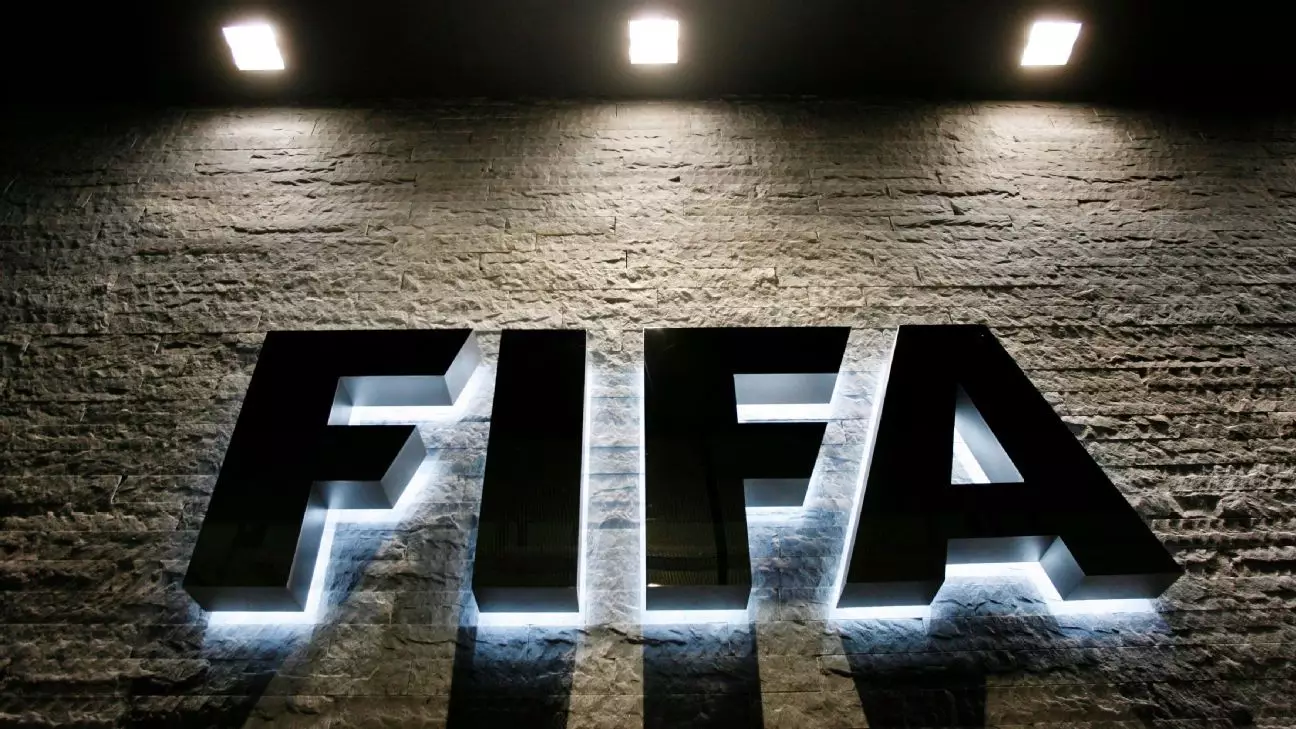Amidst a three-month deadlock between FIFA and global groups of soccer leagues and player unions, talks have been offered in an attempt to resolve the ongoing conflict over the ever-expanding competitions calendar. FIFA, in a letter obtained by The Associated Press, expressed its willingness to engage in dialogue with the World Leagues Association and FIFPRO, emphasizing that there is a need for a more productive approach to deal with the situation.
The root of the issue lies in FIFA’s decision to increase the number of teams in the 2026 World Cup to 48 teams from the original 32, along with the addition of a 32-team Club World Cup to be held every four years starting next June in the United States. These moves have been met with resistance from the leagues and unions, who argue that the constant expansion of tournaments is placing undue pressure on their members to adapt to the new schedules.
The European groups of leagues and player unions are not taking the matter lightly, with formal legal complaints being lodged against FIFA in Brussels, particularly targeting the overcrowded international match schedules managed by the organization until 2030. FIFPRO member unions in England and France have gone as far as filing a lawsuit against FIFA at a commercial court in Brussels, seeking intervention from the European Court of Justice to address the alleged breaches of competition law.
In response to the escalating tensions, the global groups of leagues and unions are advocating for a more inclusive approach that gives them a greater say in decision-making regarding the competition calendar. The emphasis is on reopening talks with FIFA to ensure that the concerns of all stakeholders are taken into account, and that a more sustainable and balanced schedule is put in place for the future of international soccer.
The clash between FIFA and global soccer groups over the packed competitions calendar underscores the need for transparent and collaborative discussions to address the concerns raised by all parties involved. As the landscape of soccer continues to evolve, finding common ground and working towards a mutually beneficial solution is crucial to maintaining the integrity and competitiveness of the sport on a global scale.

Leave a Reply